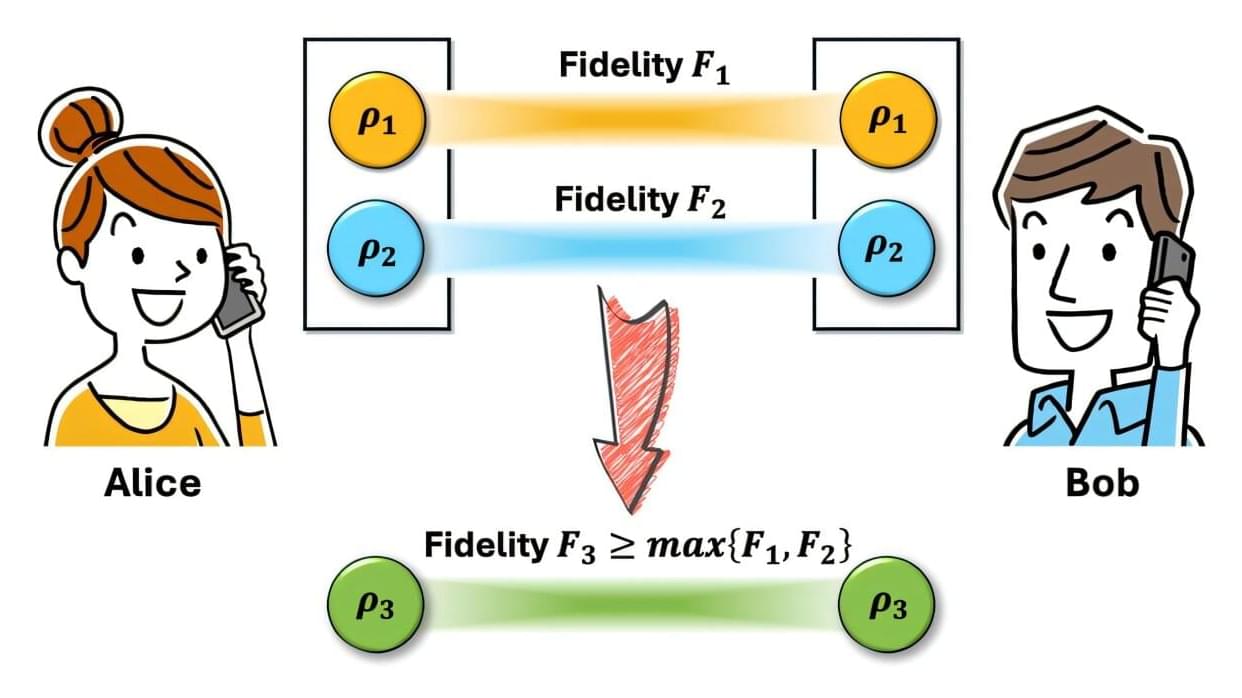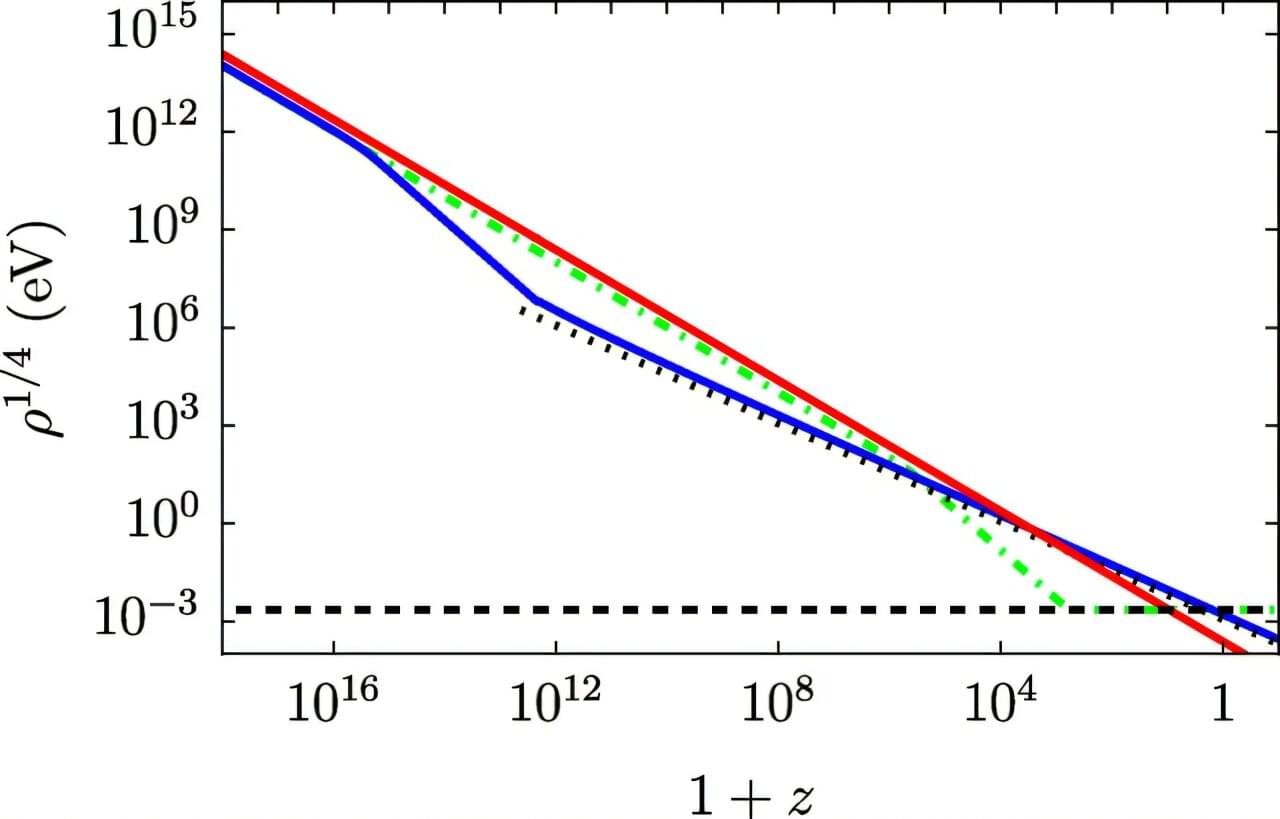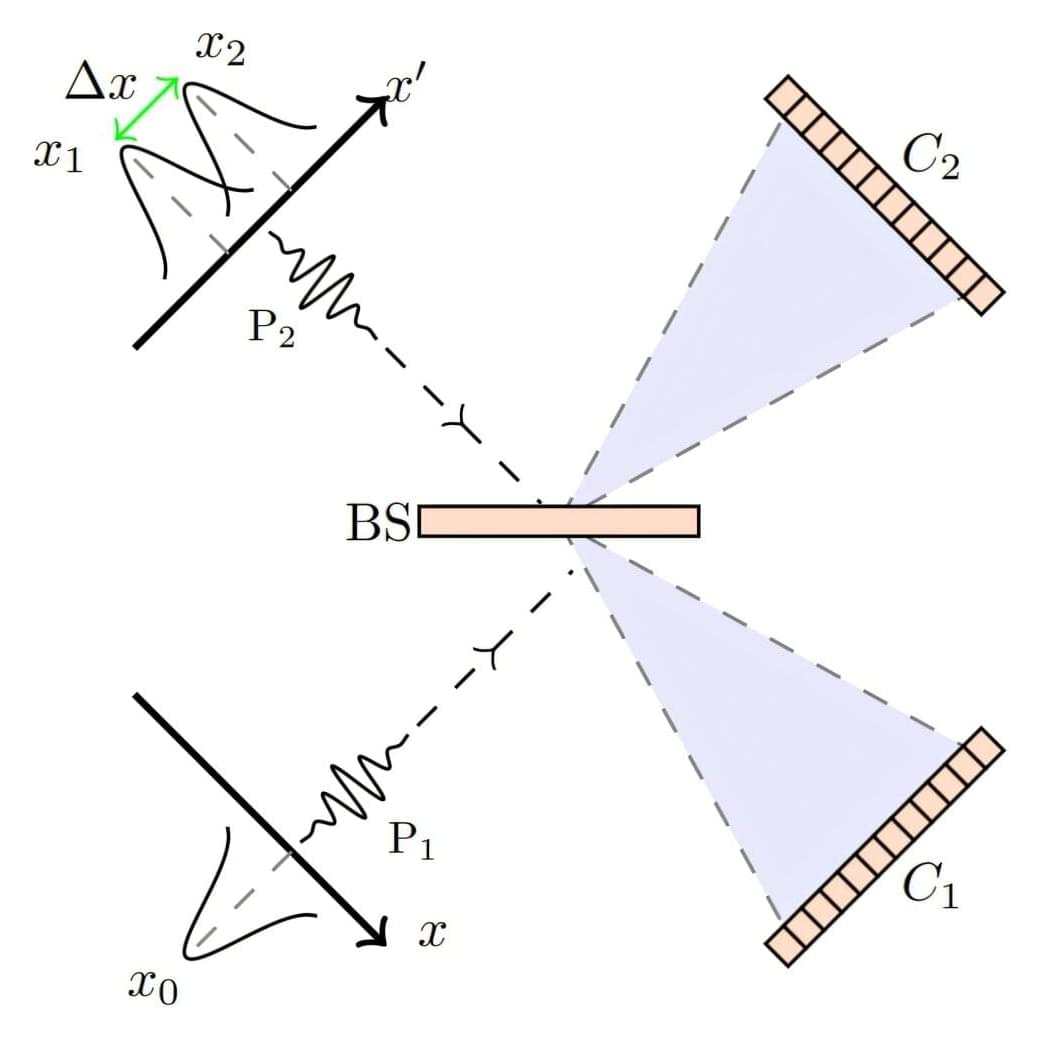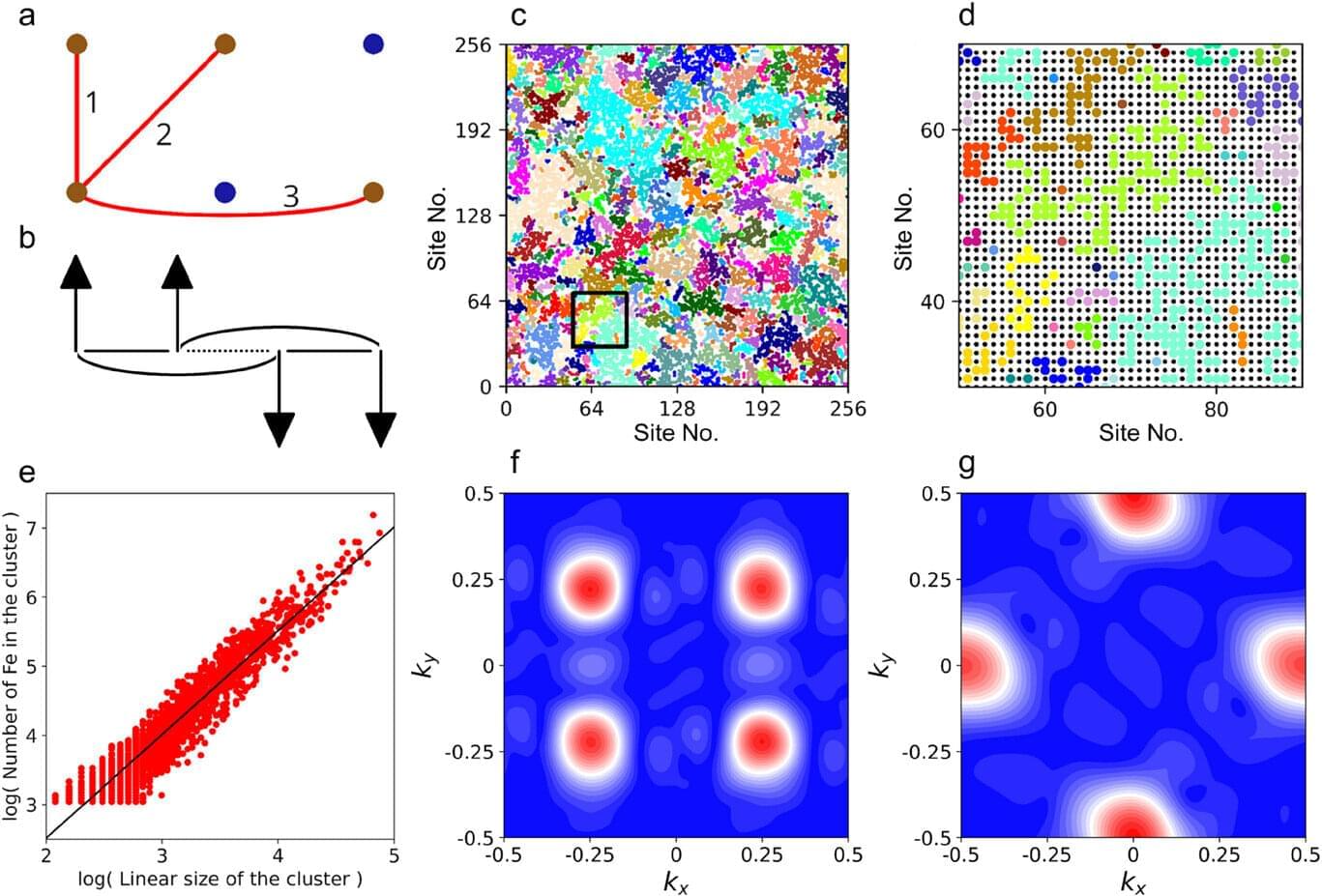Mindfulness-based therapy can offer significant relief for individuals who are still depressed after receiving treatment, according to a new clinical trial.
Researchers hope their findings, published in Lancet Psychiatry, could provide a new treatment pathway for people with depression who have not benefited from previous treatment.
The study, titled “Mindfulness-based cognitive therapy versus treatment as usual after non-remission with NHS Talking Therapies high-intensity psychological therapy for depression: a UK-based clinical effectiveness and cost-effectiveness randomised, controlled, superiority trial,” was led by a researcher from the University of Surrey.









